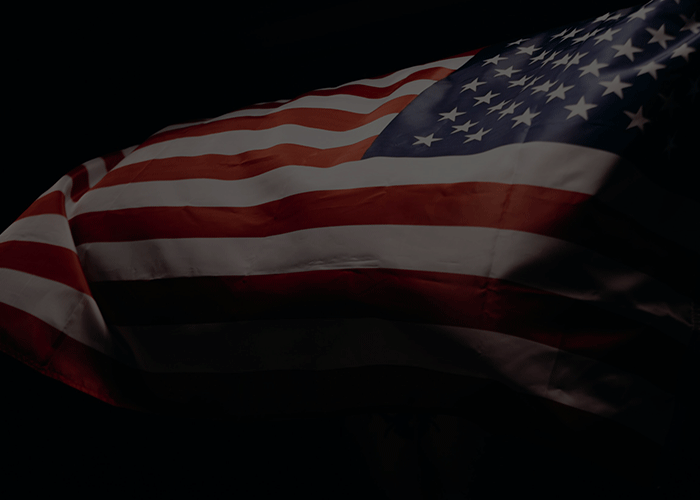

Summary
Transcript
That’s what we’re talking about, Jack. We’re doing the very best we can and we continue relentlessly, regardless of the odds against us, Jack. And you’re doing an amazing job, Sam, and I’m proud to be part of this operation. You know, I saw something when I was checking some things to talk about today. Just coincidentally, yesterday a published paper called The Impact of Prince vs. the United States on the Balance of Federal and State Powers. And I just, Stephanie put it in the chat there. But the last paragraph is, The United States continues to navigate the complexities of governments in the 21st century.
Prince vs. the United States remains an anchor, reminding us of the enduring relevance of constitutional principles and the imperative of safeguarding the delegate balance between central authority and state sovereignty. In an era characterized by partisan division, institutional tensions, the lessons of Prince vs. the United States remain indispensable, providing a roadmap for fostering collaboration, respecting autonomy, and preserving the vitality of American federalism. And I would say that, you know, this is one of the most amazing documents in the sense that the CSPOA stands on this particular court case and the fact that it is so applicable to the time that we find ourselves living in today.
And so with that piece of information alone, arming yourself with the correct understanding of what this thing actually means, that’s a conversation with your sheriff right there. You could spend probably an hour talking to him about it, how it relates to him, did he know what it was about, where he could find more information about it, etc. It’s just a fantastic concept. And thank goodness Judge Scalia was still around when the time came to stand up for the United States in that historical, you know, in the historical vein of people like Tom Jefferson, etc.
[tr:trw].

